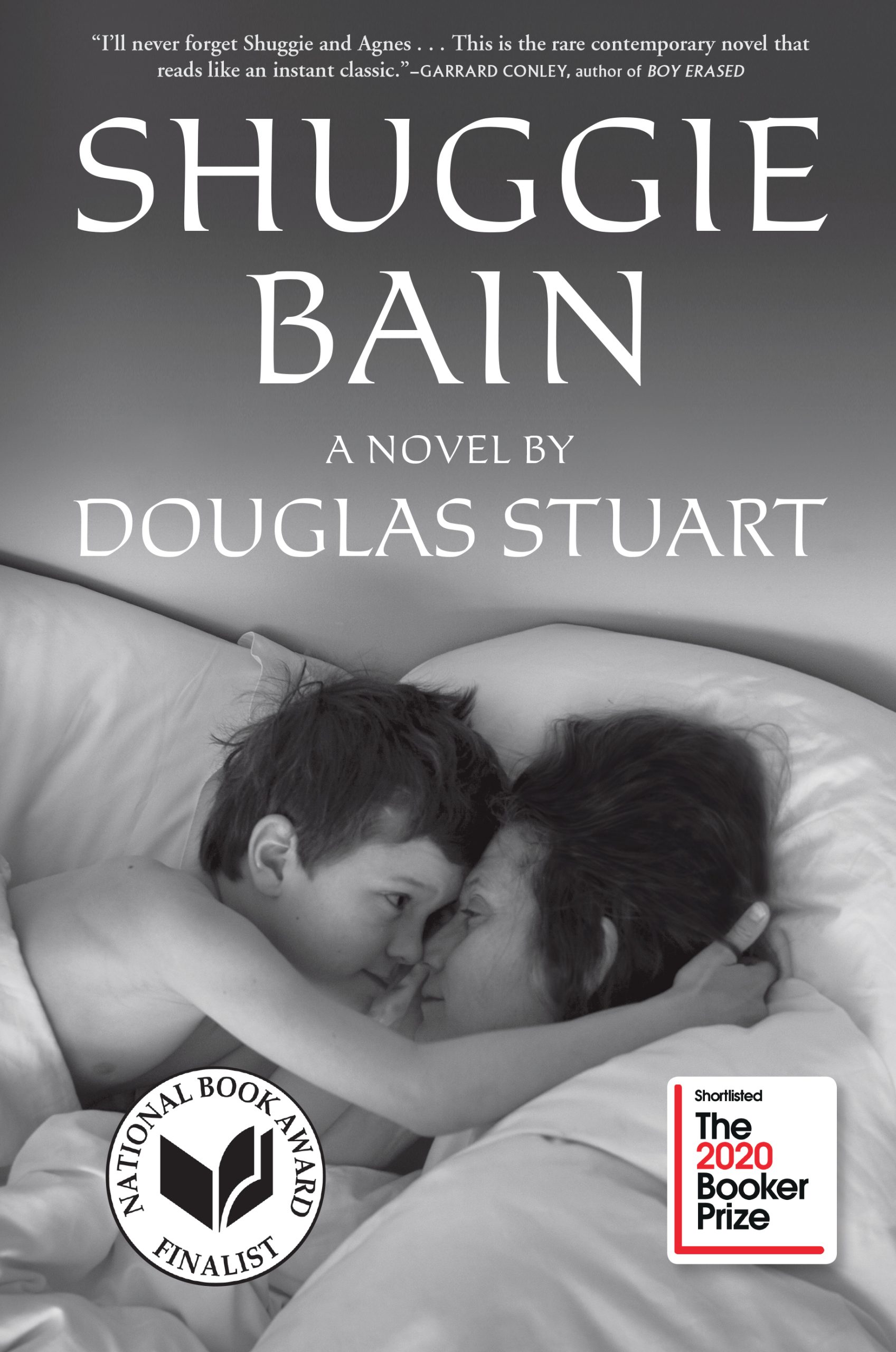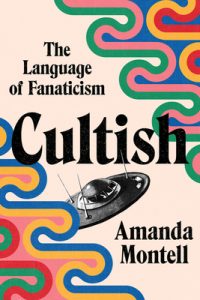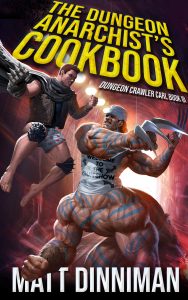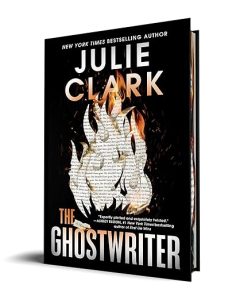
Douglas Stuart’s Shuggie Bain is a novel that doesn’t just tell a story it exposes the raw, unvarnished reality of love, poverty, and addiction in 1980s Glasgow. Winner of the 2020 Booker Prize, this book is both a deeply personal narrative and a social critique, capturing the emotional cost of Thatcher-era Britain through the eyes of one unforgettable boy.
At the center of this haunting debut is Hugh “Shuggie” Bain, a kindhearted and tender boy growing up amid economic decay and social despair. His mother, Agnes Bain, is his world a woman whose beauty, pride, and spirit are slowly consumed by alcoholism. She dreams of a better life, a neat house with its own front door, a life she can order on credit from glossy catalogues. Yet the harshness of her reality, combined with her husband’s infidelity and abandonment, drives her deeper into addiction.
As Agnes spirals between brief moments of sobriety and devastating relapses, Shuggie remains by her side. His siblings, desperate to escape the chaos, leave home, but Shuggie refuses to give up on his mother. What makes their story heartbreaking is the purity of his devotion his fierce belief that his love might be enough to save her.
Stuart’s prose is brutal yet lyrical. He paints a world of collapsing tenements, violence, and hunger with vivid realism, but what lingers most is the emotional intensity the ache of a boy who loves a mother who cannot love herself. The novel also explores Shuggie’s struggle with identity. Sensitive and effeminate, he is constantly reminded by others that he is “no right,” a phrase that encapsulates the cruelty of a society that rejects difference.
Readers have praised Shuggie Bain for its unflinching honesty and compassion. Paromjit described it as “powerful, desperate, tragic and harrowing,” a masterpiece that captures the forgotten history of working-class Glasgow. Emily May called it “dark, depressing, gritty,” warning that its bleakness can be overwhelming but acknowledging the immense love beneath the suffering. Fatma, on the other hand, found the storytelling repetitive, arguing that its cyclical portrayal of addiction sometimes dulls the emotional impact.
All these perspectives are valid, because Shuggie Bain is not a book meant to comfort. It is meant to devastate. Stuart doesn’t flinch from showing the endless loop of hope and despair that defines addiction, and that repetition is part of the point it mirrors the trap his characters can never fully escape.
Yet within that grimness, there is beauty. The relationship between Shuggie and Agnes, though painful, is full of tenderness and humanity. Their world may be gray, but their bond glows faintly, stubbornly, against the darkness.
For readers drawn to emotionally rich, character-driven fiction those who admire the works of Frank McCourt or Hanya Yanagihara Shuggie Bain is essential reading. It’s a portrait of working-class life rarely seen in contemporary literature, written with both fury and love.
If you’re ready for a novel that will break your heart and stay with you long after the final page, you can get your copy of Shuggie Bain here:
👉 Buy on Amazon


